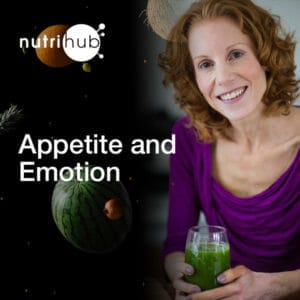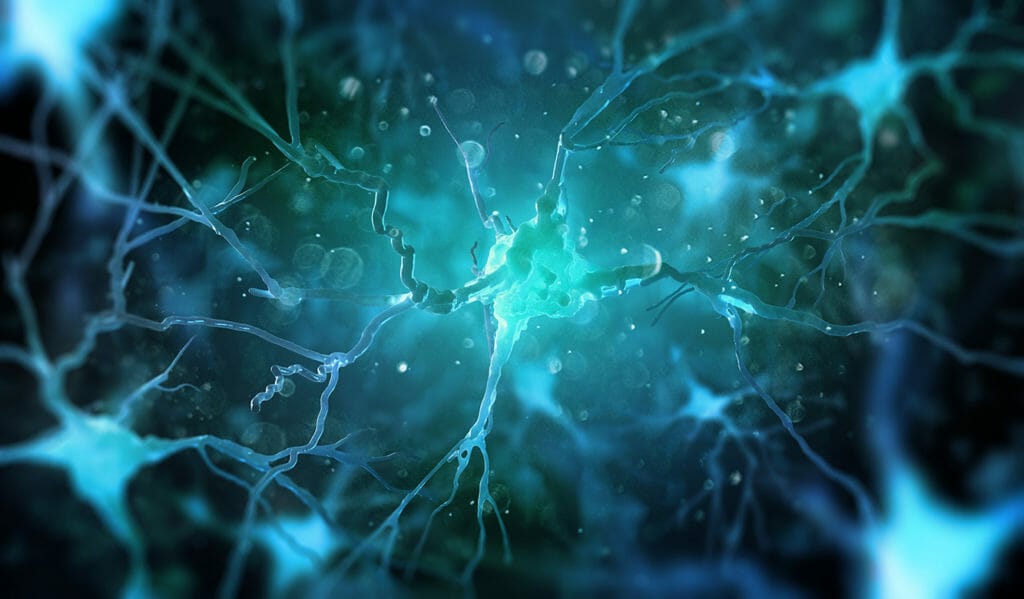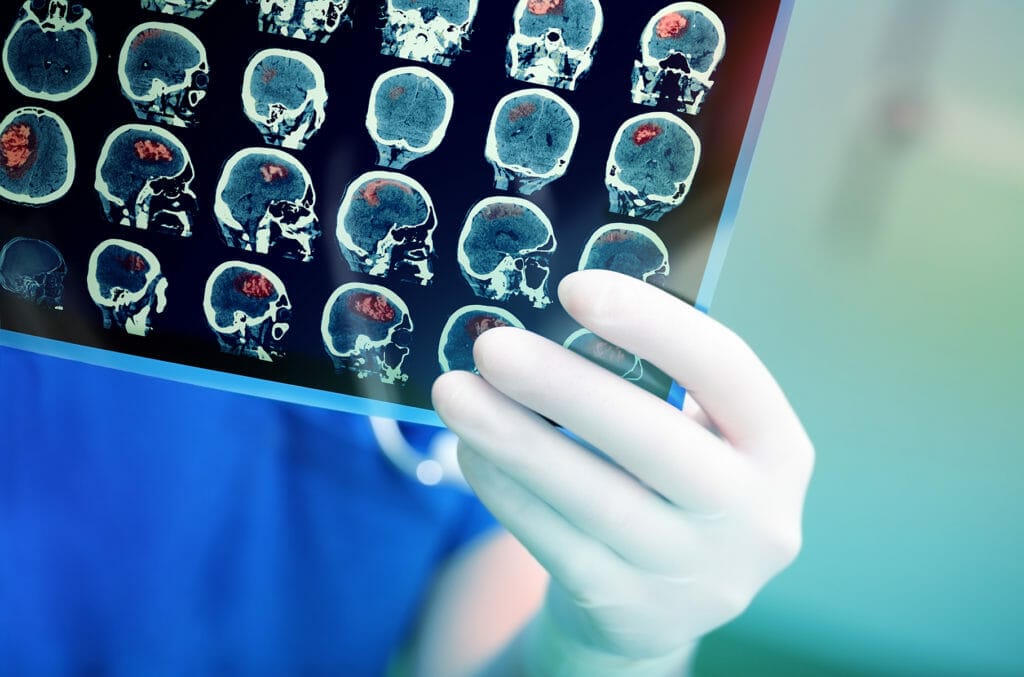Our eating patterns and behaviours are complex. While eating traditionally was instinctive and the response to the sensation of hunger, in today’s environment where food is so abundant there are many emotional, social and neurochemical cues involved. Appetite is regulated via brain chemistry changes that also influence emotions and behaviour. Certain neurotransmitters have been extensively studied with respect to appetite regulation and mood particularly dopamine and serotonin. Dopamine for example plays a key role in positive emotions upon eating while serotonin in addition to mood changes has an impact on appetite.

From a nutritional perspective there are a number of considerations. Optimising neurotransmitter function is an important strategy to consider which in turn is influenced by individual genetic variations and insufficient levels of cofactors – amino acids, vitamins and minerals and essential fats. Implementing diet and lifestyle changes can have a profound effect on improving emotional eating behaviours. Since neurotransmitters are derived from amino acids, adequacy of protein intake is necessary. Beyond this is the importance of digestive health. Adequate gastric hydrochloric acid (HCl), and digestive enzymes, as well as the balance of the microbiota can all play a role in nutrient bioavailability. At the same time new research now indicates the subtle role our microbiota plays in regard to our food selection and even cravings. Manipulating the balance of flora in our gut may therefore be a novel way to counter cravings.

Nutrient deficiencies often contribute to appetite disturbances and patterns of disordered eating. Provide the body with right nutrients and you can more effectively support appetite control, cravings and emotions around eating. In combination with cognitive behaviour therapies and lifestyle strategies to manage stress, improve sleep quality and incorporate daily exercise you can help support a natural shift to healthier eating patterns and behaviour.
References
- Bello NT, Hajnal A. Dopamine and binge eating behaviors. Pharmacol Biochem Behav (2010) 97(1):25-33.
- Capasso A, Petrella C, Milano W. Pharmacological profile of SSRIs and SNRIs in the treatment of eating disorders. Curr Clin Pharmacol (2010) 4(1):78-83.
- Fernstrom JD. Large neutral amino acids: dietary effects on brain neurochemistry and function. Amino Acids (2012) Jun 8.
- Godfrey JR. Toward Optimal Health: The Experts Discuss Eating Disorders. J Women’s Health (2004) 13(6): 662-667.
- Joe Alcock et al. Is eating behaviour manipulated by the gastrointestinal microbiota? Evolutionary pressures and potential mechanisms. Bioessays 36: 940–949, 2014 The Authors. Bioessays published by WILEY Periodicals, Inc
- Kaplan, BJ, Crawford, et al. Vitamins, minerals, and mood. Psychological Bulletin (2007) 133(5), 747-760.

Want to Learn More?
For more detailed information about how nutritional intervention can play a key role in balancing our brain chemicals that affect emotional eating, join award winning registered nutritional therapist Christine Bailey MSc MBANT MIFM PGCE on Tuesday 7th December 2021 for her CPD accredited webinar Appetite and Emotion: Using nutritional approaches toward a healthy relationship with food.










